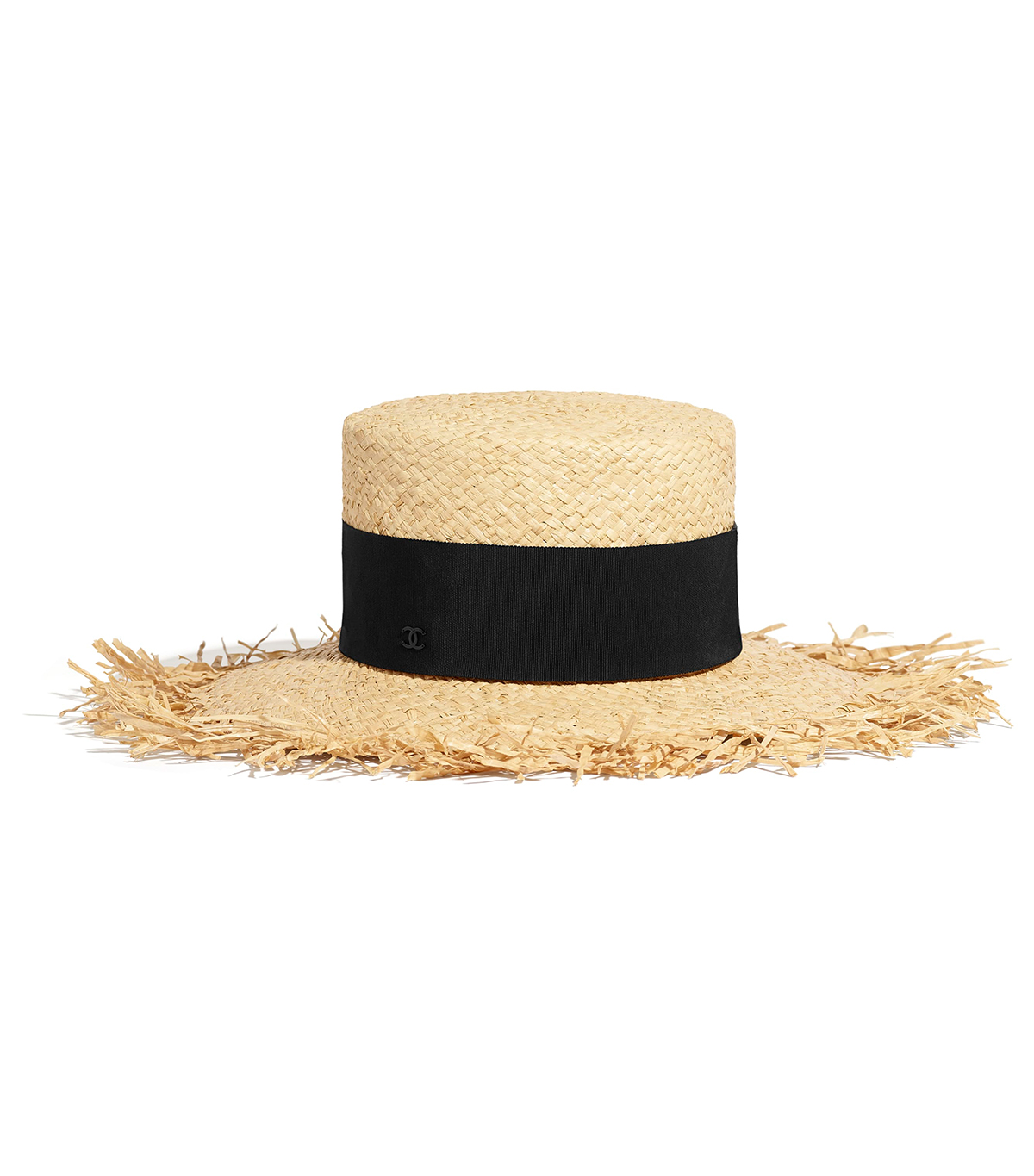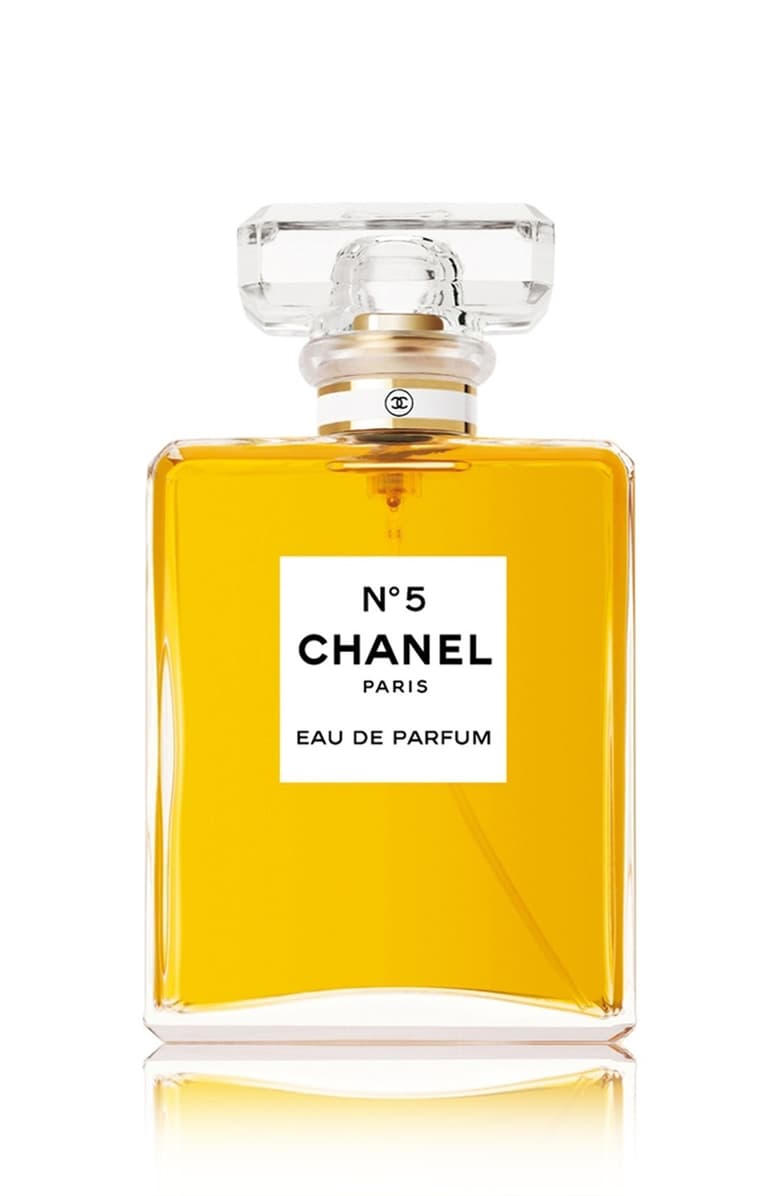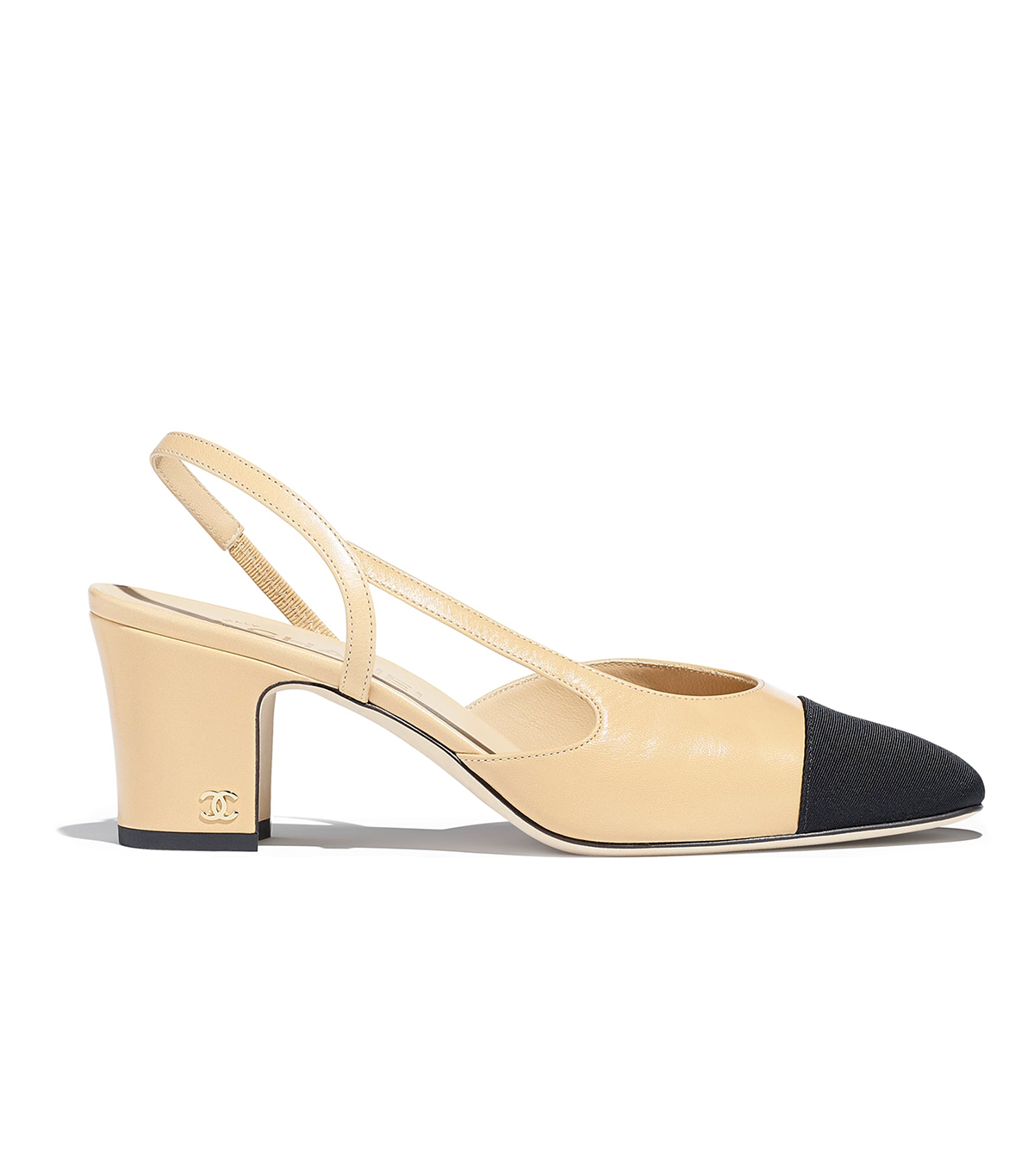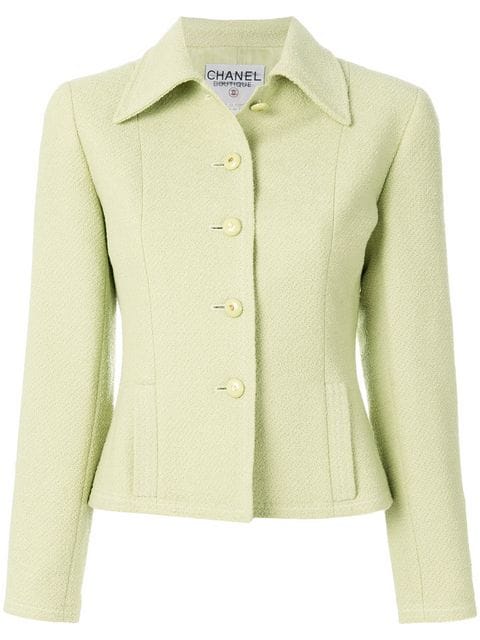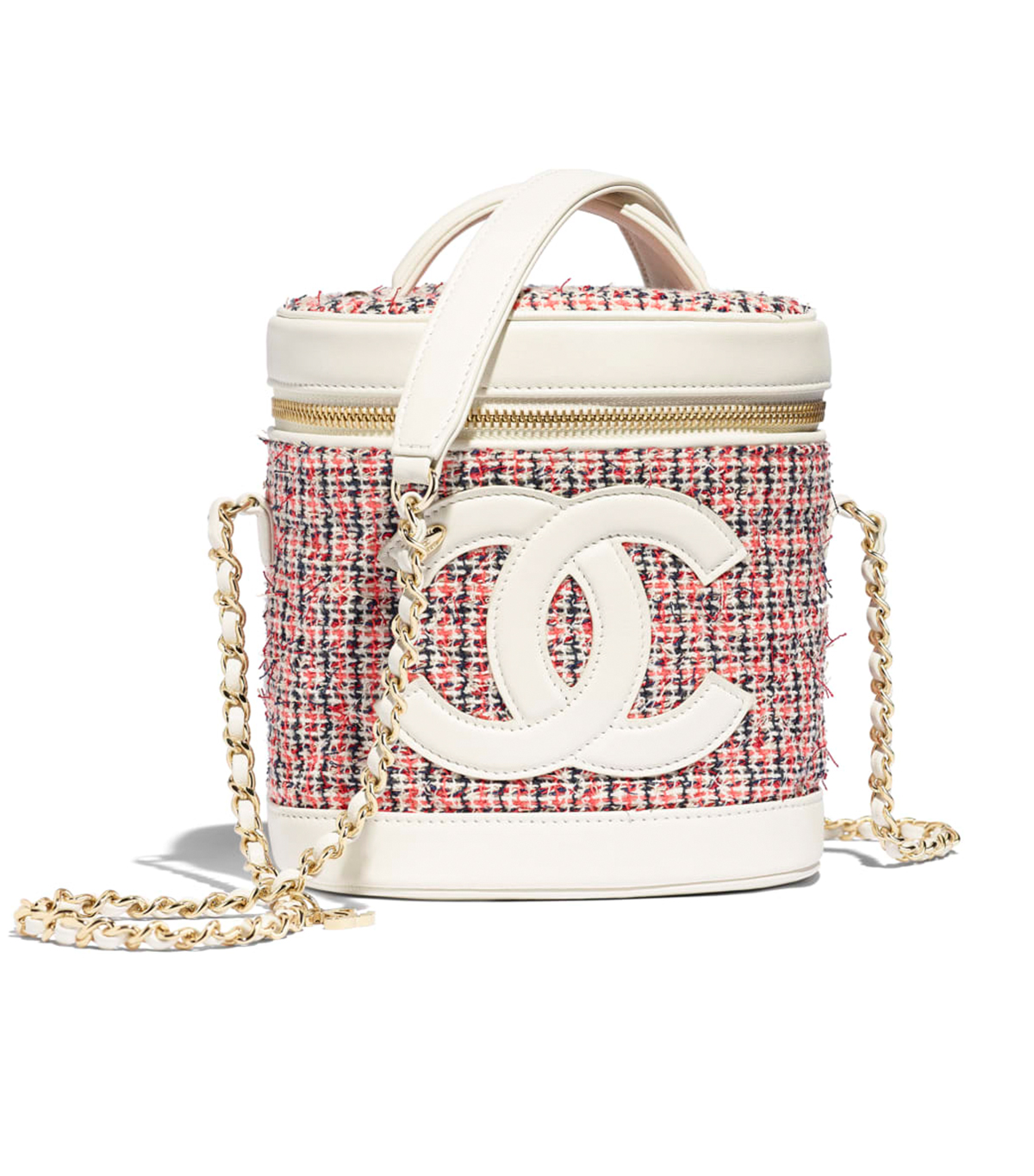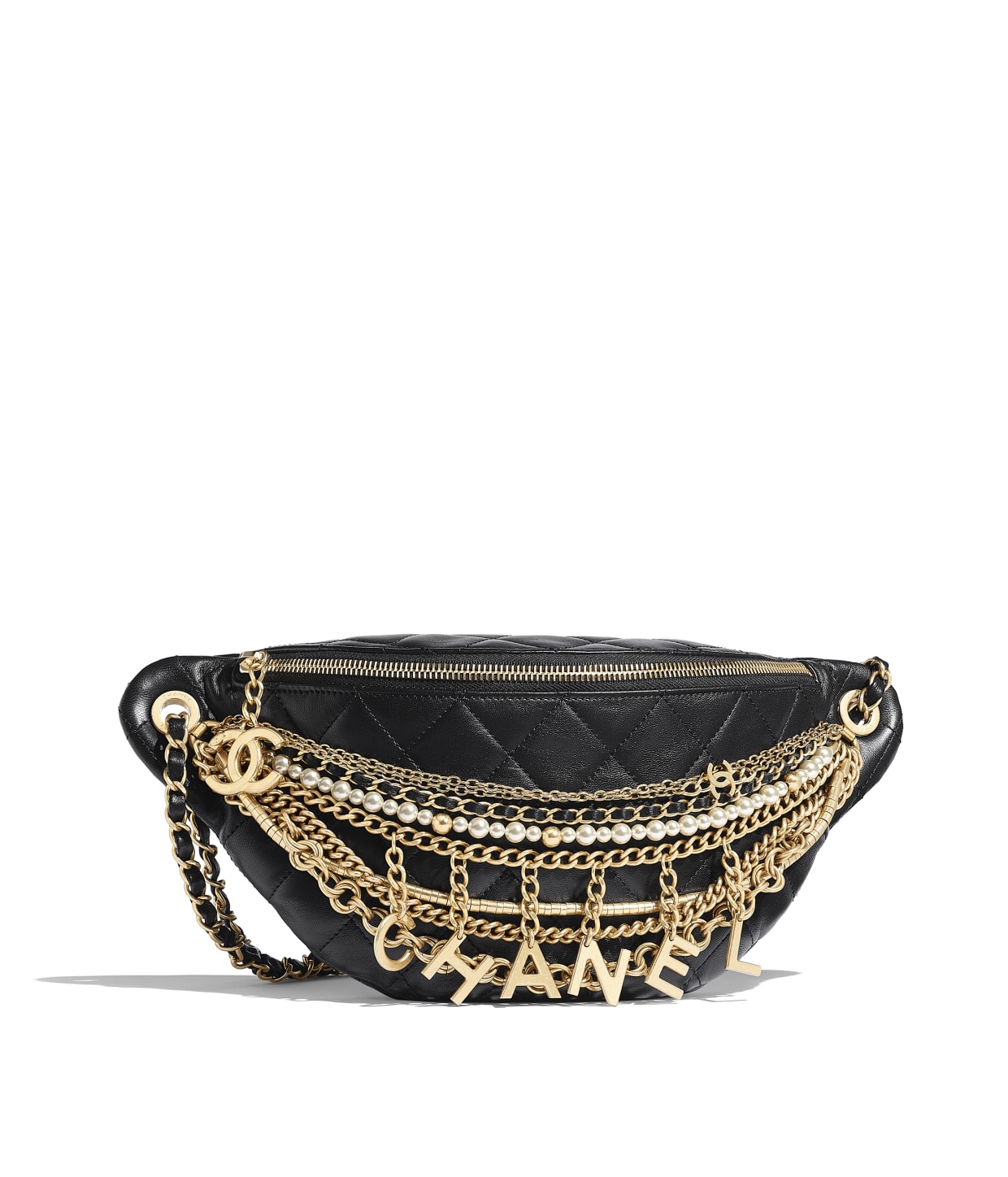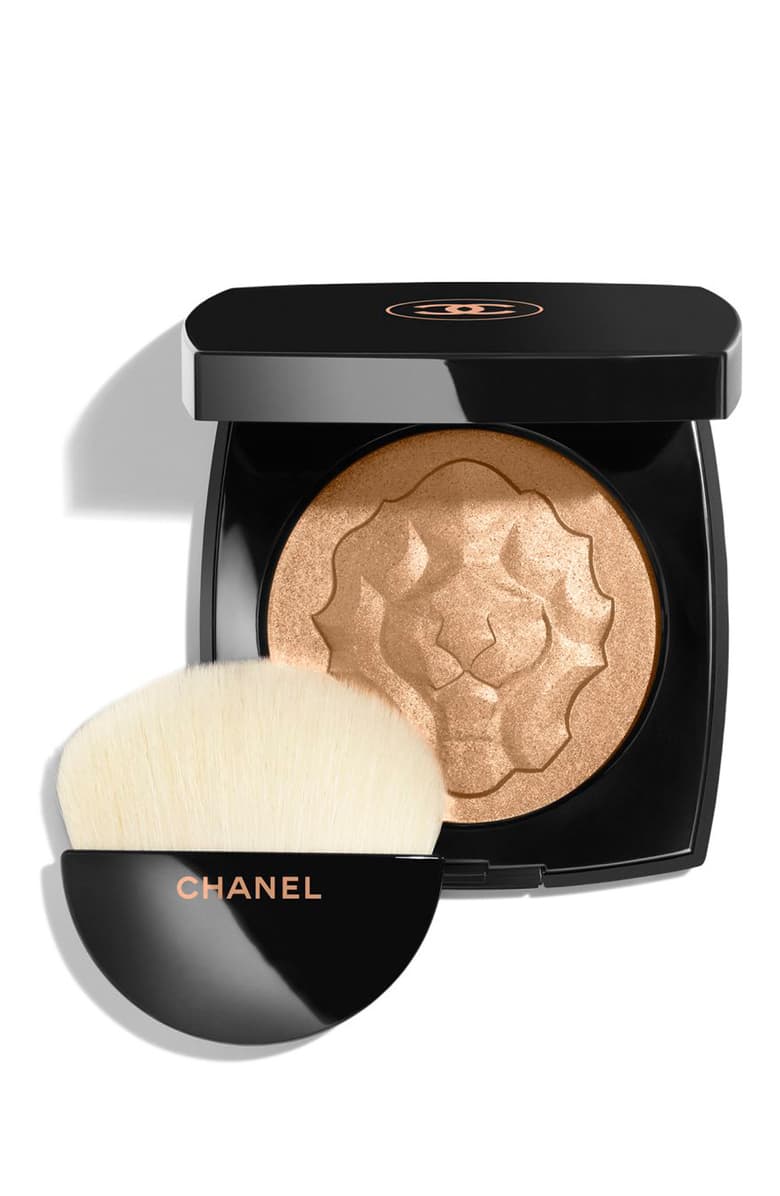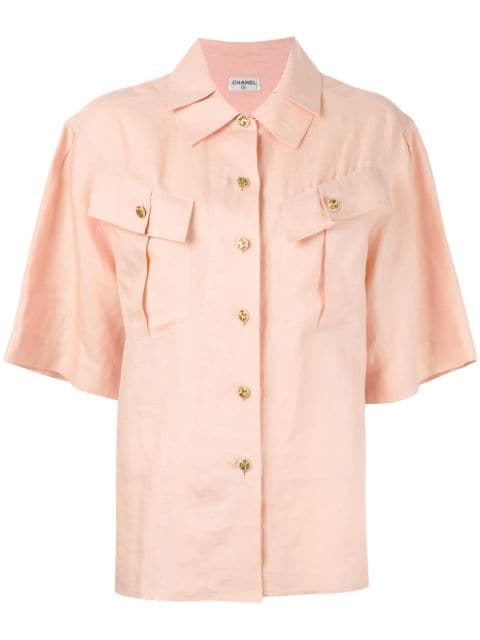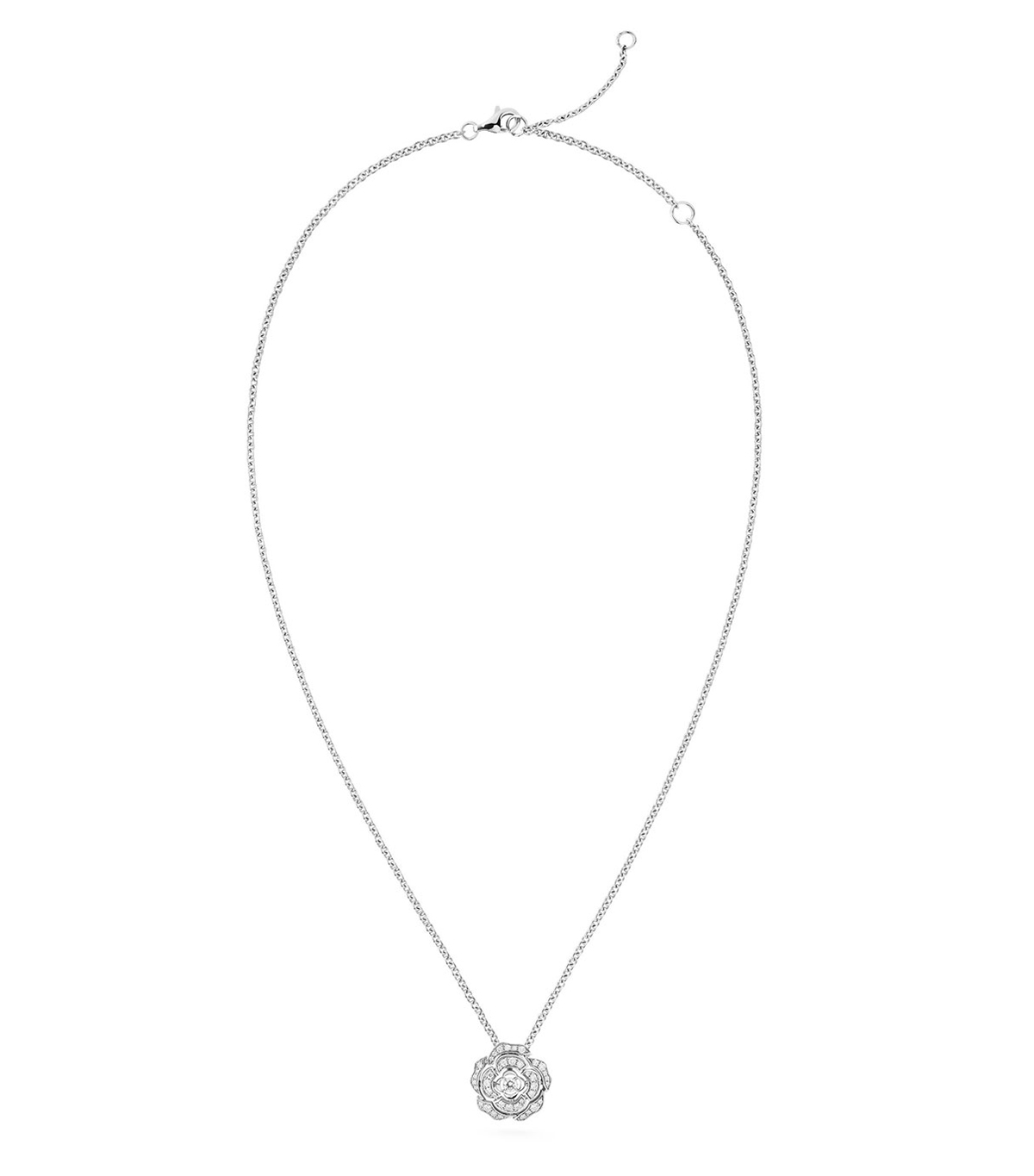10 Things You Didn't Know About Chanel
Even the biggest Chanel fans among us might not know all there is know about the fashion house. What really put Coco Chanel on the map when she started out? How many hours does it actually take to construct a haute couture jacket? Why are camellia flowers spotted everywhere from the runway to shopping bags at boutiques? All of these questions and more are answered in a series of short films, called Inside Chanel, which, as the name suggests, provide an inside look at all things Chanel.
The latest film, Gabrielle Goes West, details Coco Chanel’s first visit to the United States. I dove into the new film—plus the videos that were released earlier—and walked away learning so many interesting secrets about the French fashion house. Ahead, find out 10 things you didn’t know about Chanel—from where the iconic Chanel N°5 perfume got its name to why black became a hallmark color. Scroll to the end of the story to watch the latest installment of the Inside Chanel video series.
1. What first put Coco Chanel on the map
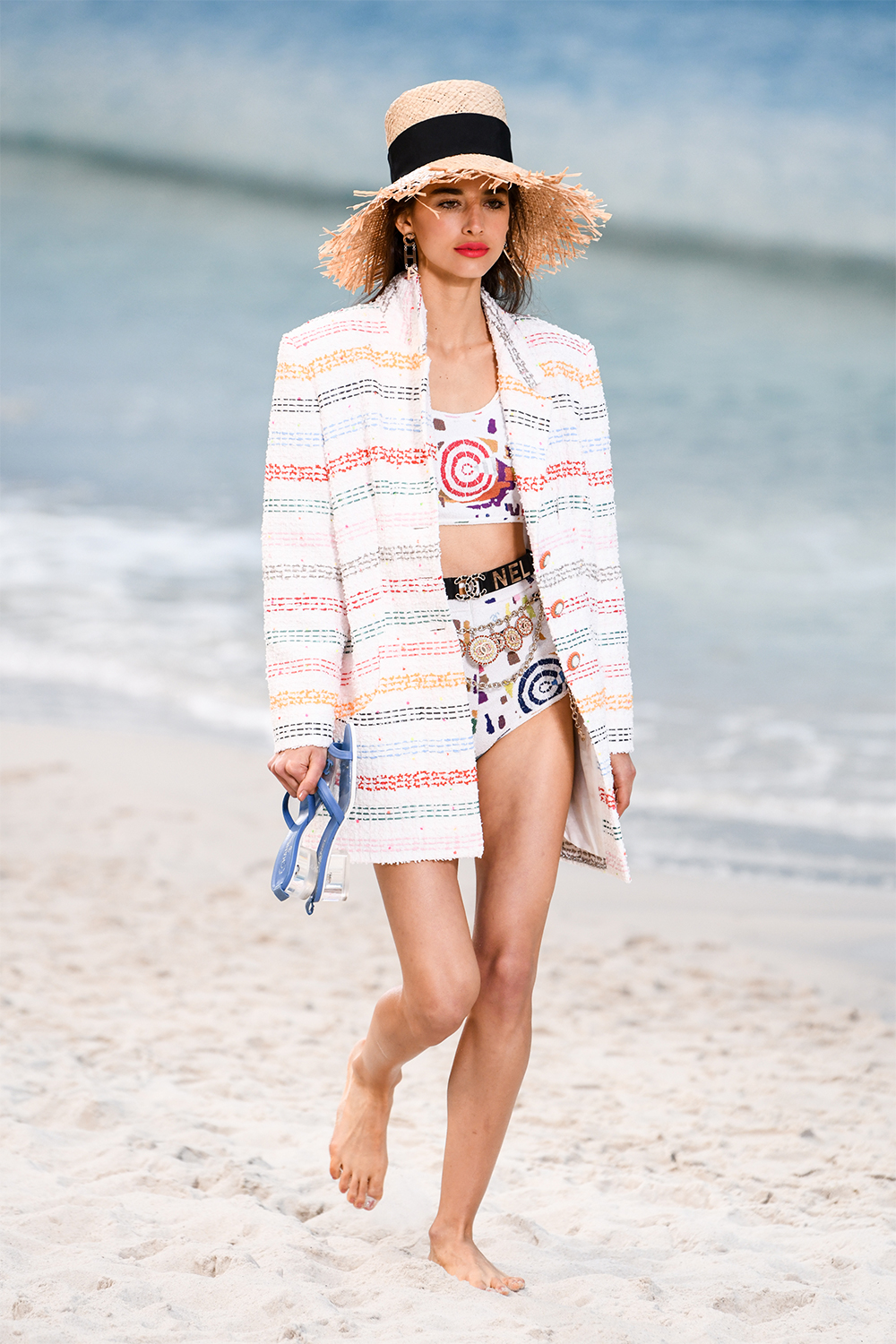
Coco Chanel began her career in fashion by designing hats. In 1912, Chanel's first products to become popular were customized hats for the glamorous women of Deauville, France. What made them stand apart from other designs were that, "Chanel's hats rejected over-the-top ornamentation in favor of simpler, minimal details such as a singular feather or camellia," according to Chapter 22: Deauville.
Shop the hat:
2. Where the iconic Chanel N°5 perfume got its name
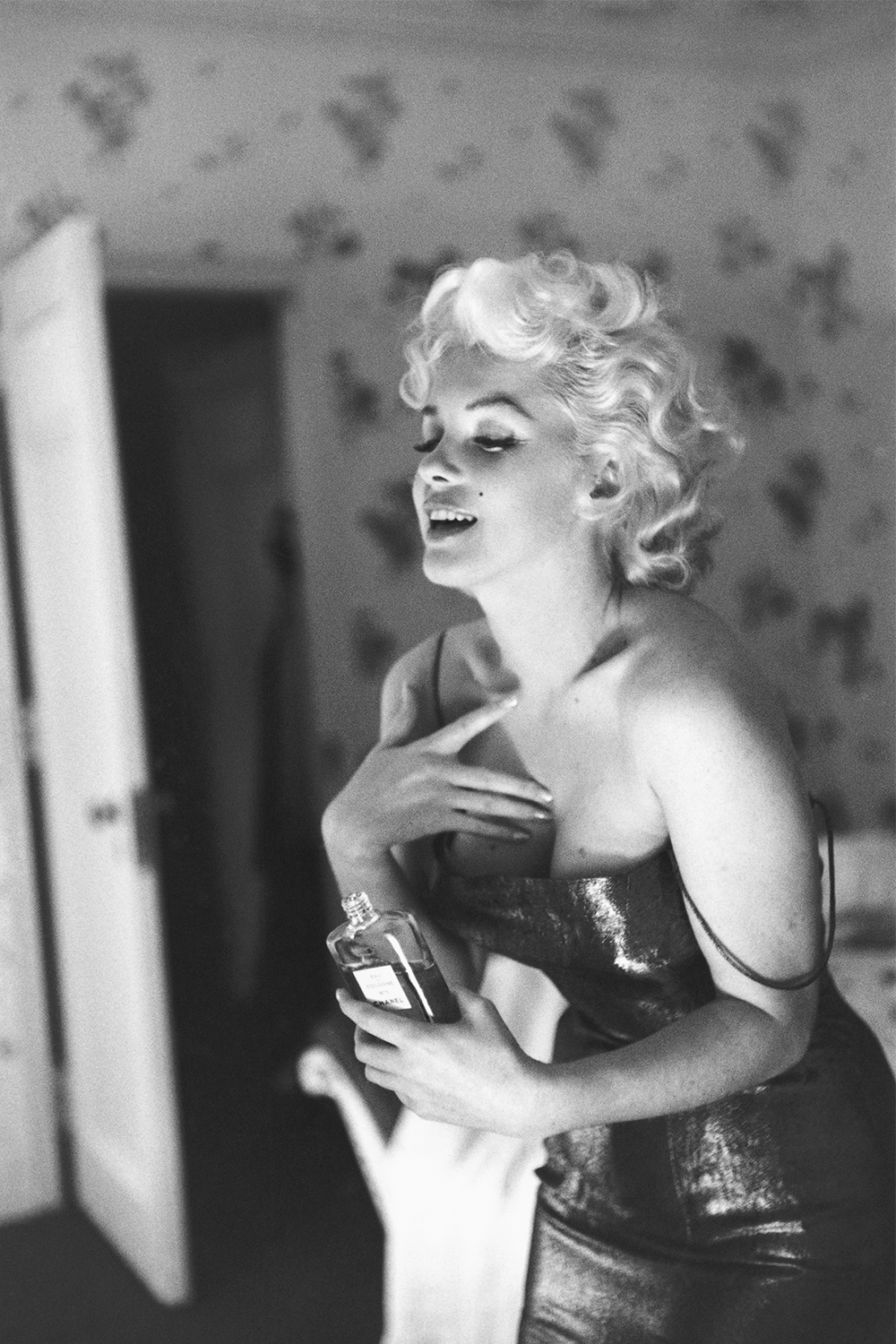
Coco Chanel's favorite number was five, which played a part in the name of Chanel N°5 perfume. Another factor? The men she admired like the fifth sample of perfume that was presented to them best.
Shop the perfume:
3. Why Coco Chanel designed a two-tone shoe
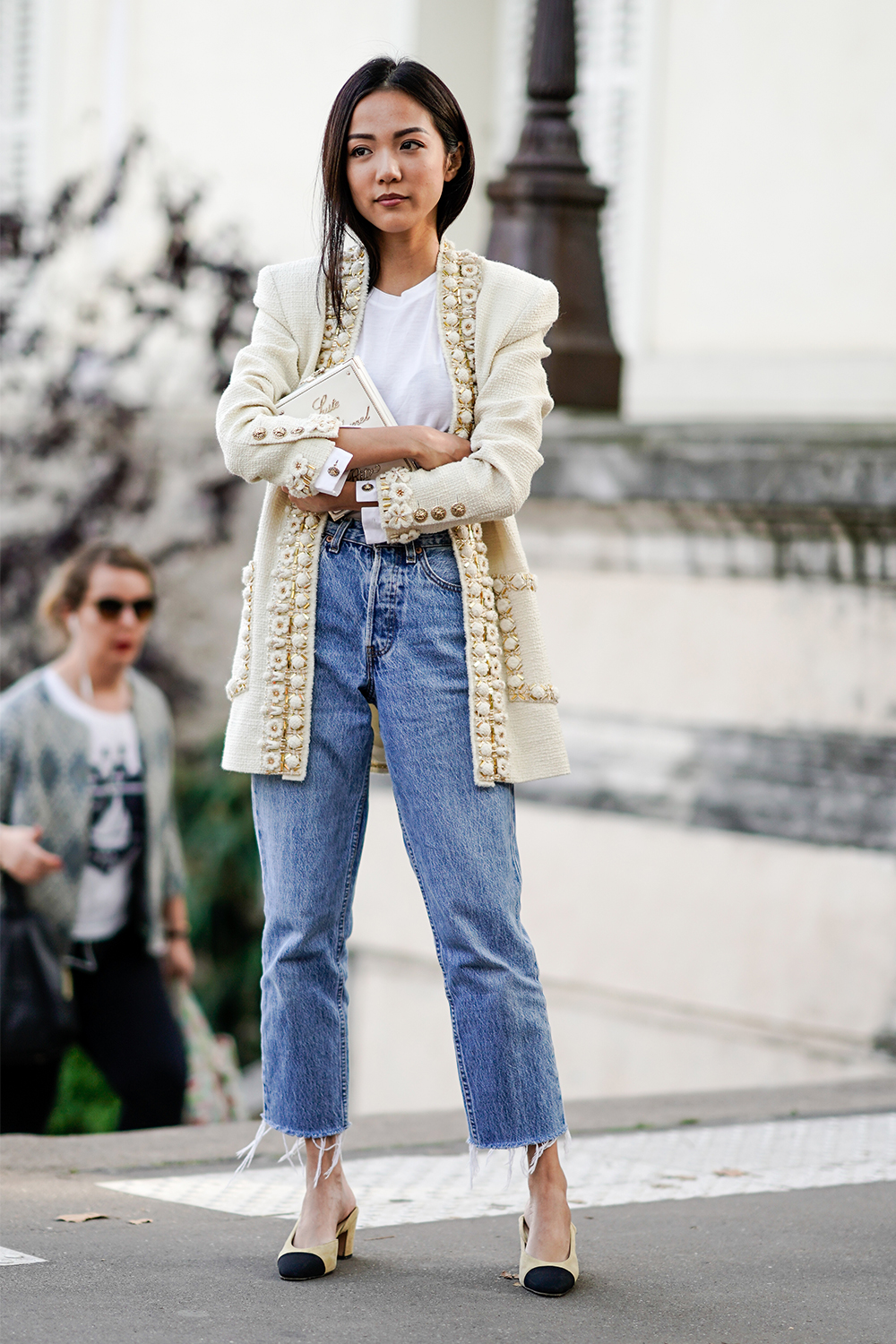
Chanel's signature two-tone slingback shoes were originally designed with black and beige because Chanel believed that beige lengthened her leg while black hides spots from wear.
Shop the shoes:
4. Why Chanel's signature tweed jackets have chains
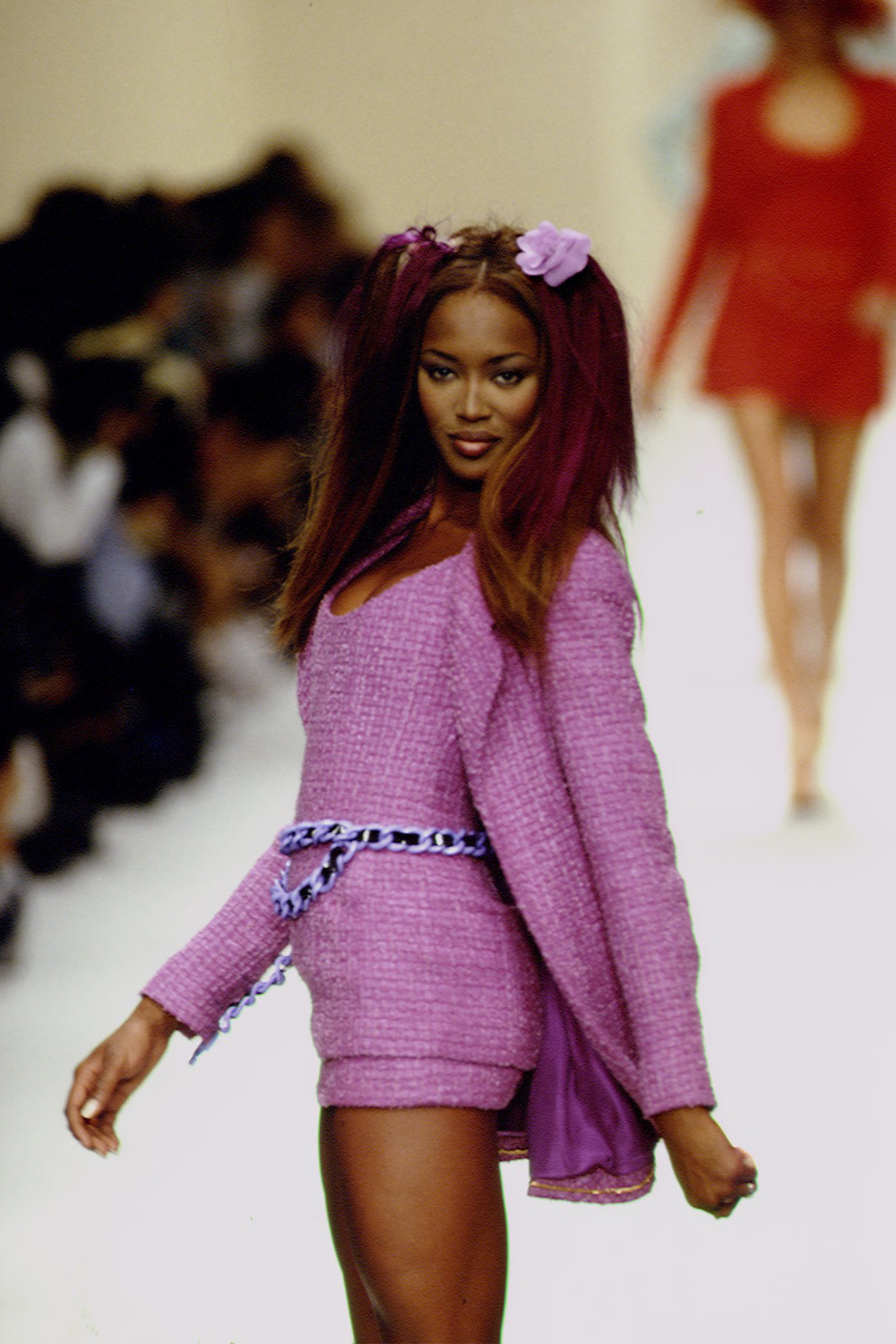
There's a chain sewn into the lining of Chanel signature tweed jackets that creates a unique fit by ensursing the jacket to maintain a military-style shape at all times.
Shop the jacket:
5. Why Coco Chanel wasn't embraced by America at first
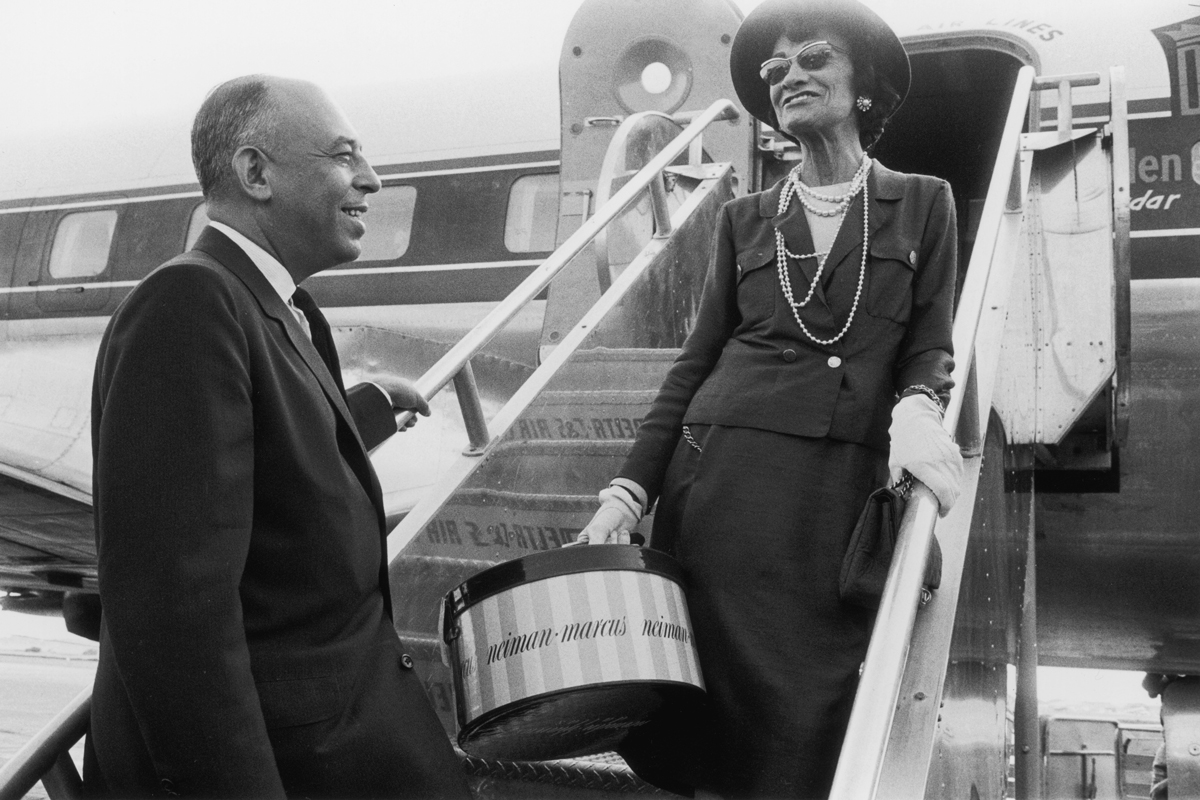
Coco Chanel first visited Hollywood in 1931 but "her simple, monochromatic style was rejected as America wasn't ready for Chanel's modernistic look," as Chapter 25: Gabrielle Chanel Goes West explained. All of that changed a few decades later when the Neiman Marcus fashion award dubbed her 'the most influential designer of the century" and with Marilyn Monroe's famous endorsement of Chanel N°5.
Shop the bag:
6. Why black became a hallmark color
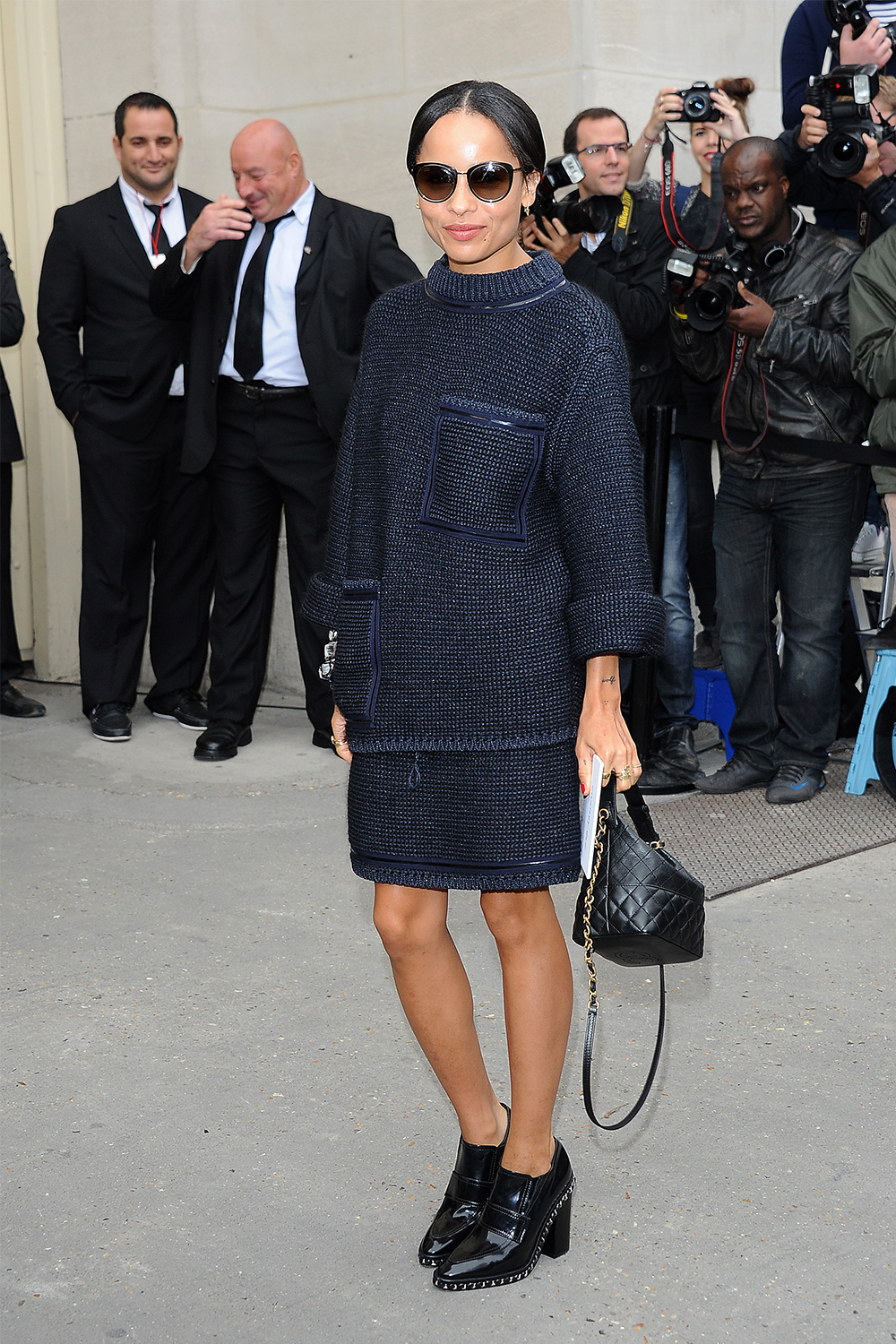
While you may now know that black is a signature color of the Chanel brand, you might not know that the color goes back to her childhood. Coco Chanel loved the color black because it recalls the monastic rigor of the uniforms of the Aubazine orphanage she grew up in.
Shop the bag:
7. Why you'll see lion motifs on and off the runway
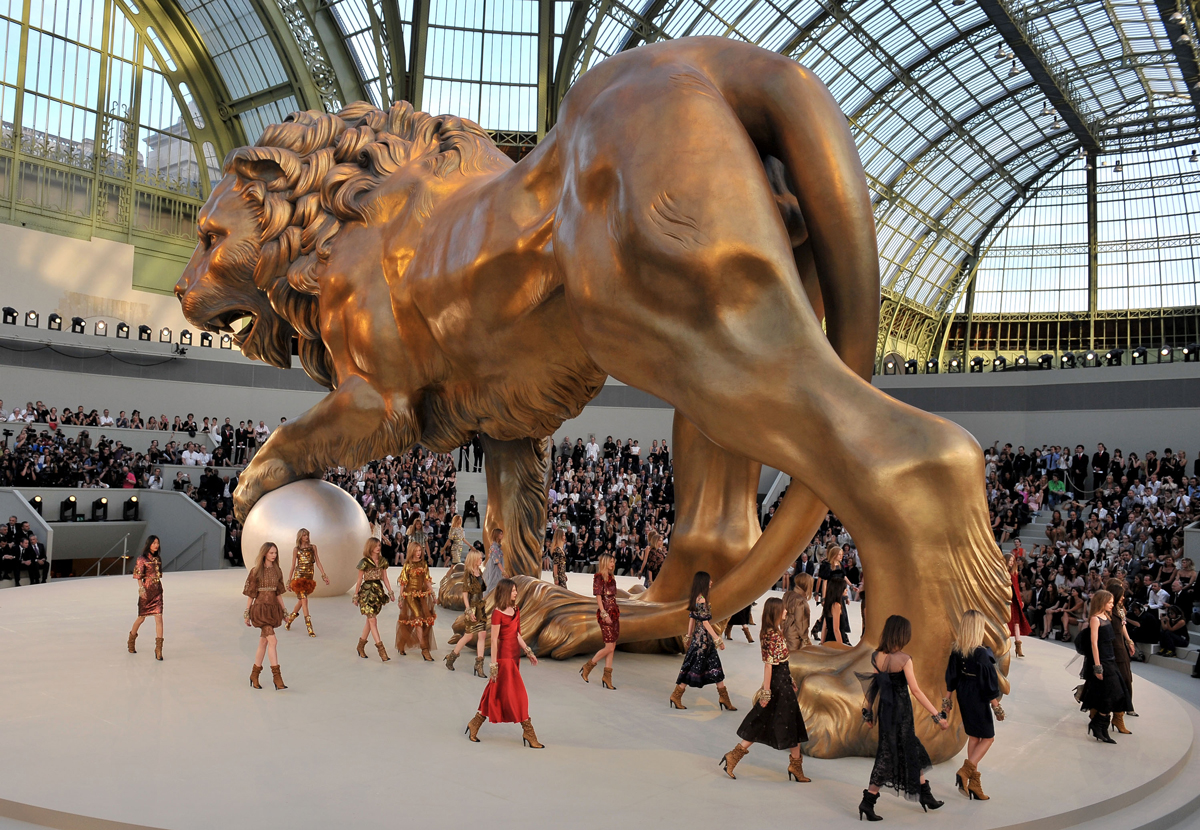
During her travels to Venice in the 1920s, Coco Chanel was inspired by the lion, which is an emblem of the city. Since that trip, the lion became a signature symbol in Chanel that you can still spot today in everything from the runway show to Chanel makeup.
Shop the illuminator:
8. Why she advanced a masculine-inspired fit
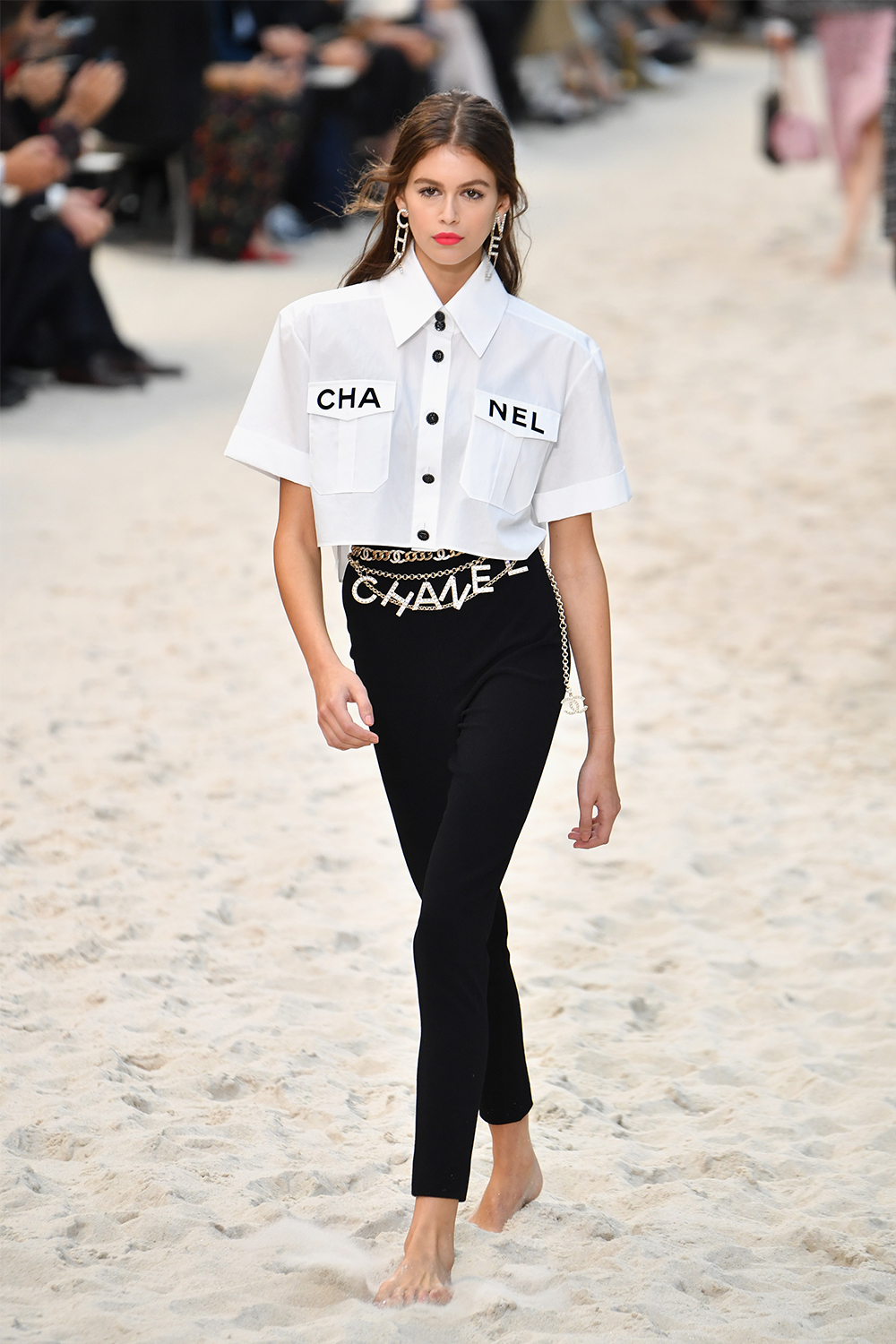
While corsets may have been a huge part of womenswear when Coco Chanel started her brand, she rejected the idea of them and instead created pieces inspired from menswear like loose-fitting shirts.
Shop the top:
9. How many hours it takes to create a couture jacket
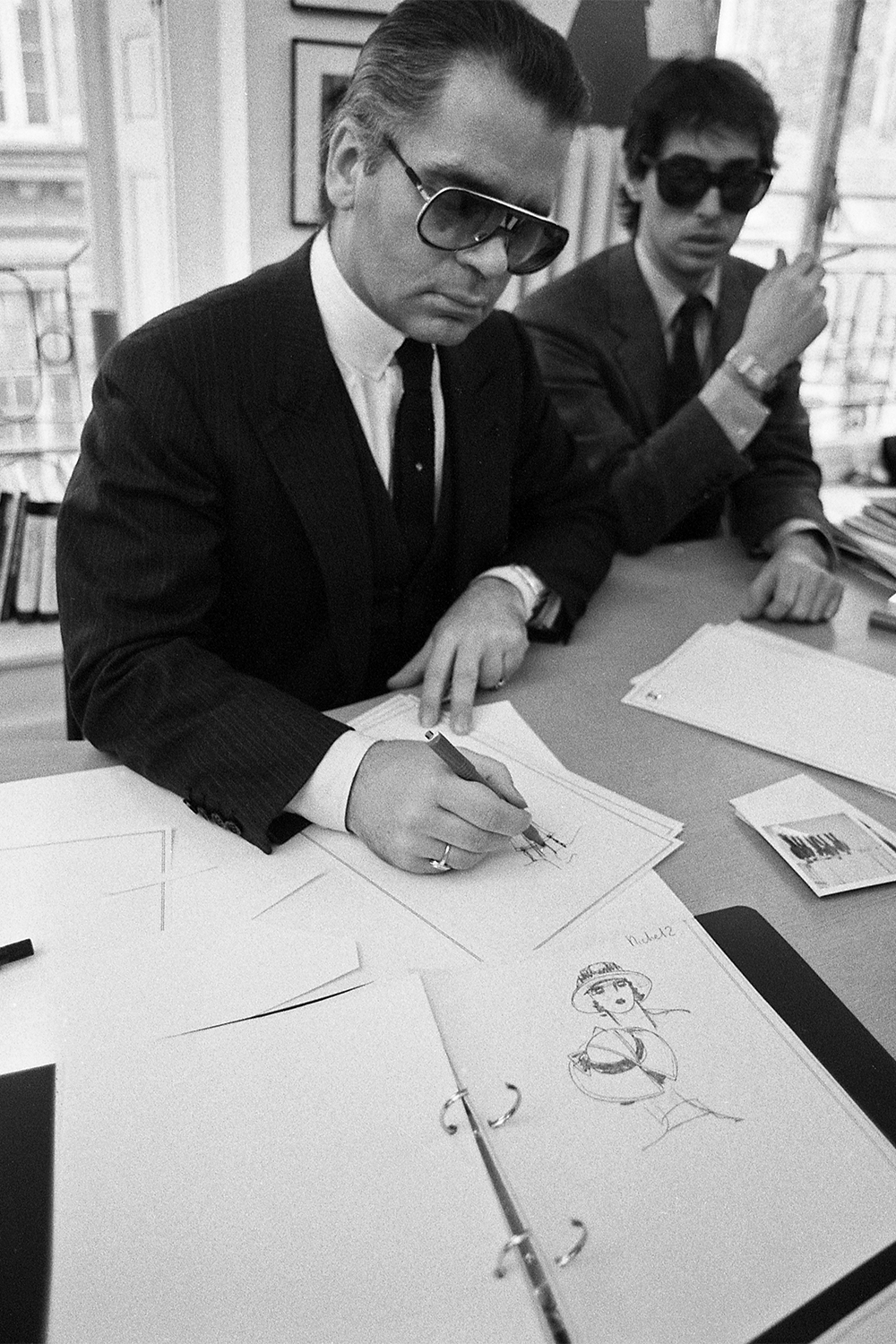
Chapter 13: Haute Couture Chanel dives into all secrets of the Chanel Atelier in Paris. Did you know the average Chanel Haute Couture jacket takes 130 hours to create?
10. Why you'll see the camellia flower everywhere
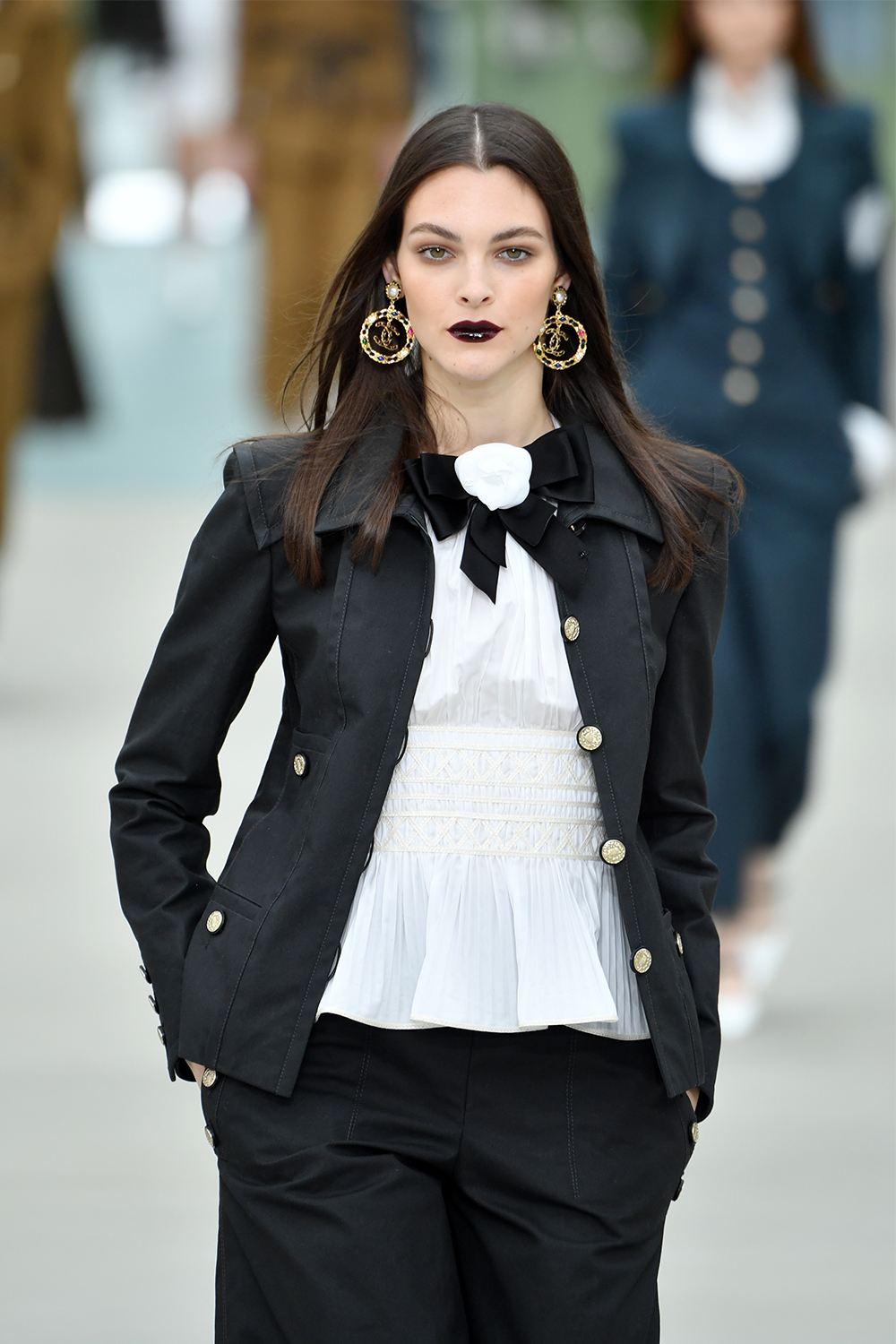
Chanel first used the camellia flower by adding one to the belt of a striped shirt while on vacation. It went on to both be her favorite flower and a classic motif used on everything from the runway to jewelry to shopping bags at Chanel boutiques.
Shop the necklace:
Watch the latest installment of Inside Chanel
Next, find out about Chanel's latest It shoe.
Kristen Nichols is the Associate Director, Special Projects at Who What Wear where she oversees luxury, runway content, and wedding features, and covers fashion within the luxury market, runway reporting, shopping features, trends, and interviews with leading industry experts. Kristen has worked with brands including Prada, Chanel, and Tiffany & Co., and her style has been featured in publications including The New York Times, Vogue.com, Vogue France, WWD, and the CFDA. Kristen began her career at Rodarte, where she worked on styling, photo shoots, and runway shows, and at Allure, where she moved into print and digital editorial. She graduated from the University of Southern California, where she studied art history and business, and currently lives in New York.
